A recently released United Nations (UN) Global Progress Report on Sustainable Development Goal (SDG) 16 – promote peaceful and inclusive societies and provide access to justice for all – outlines country-level differences in the proportion of people who access dispute resolution mechanisms when experiencing a civil justice problem. The report indicates that for some countries fewer than half (46 per cent) of people experiencing a civil legal problem access a formal or informal dispute resolution channel. Conversely, in some countries, almost everyone experiencing a civil legal problem (94 per cent) accesses a formal or information dispute resolution channel for assistance.
The Global Progress Report underscores the need for more countries to report on dispute resolution access, an indicator of access to civil justice (SDG 16.3.3). More disaggregated country data is also needed on the types of disputes experienced by populations and gender gaps in access to dispute resolution mechanisms.
The 3rd Global Progress Report also provides details on other indicators for SDG 16. The 2025 Global Progress Report on Sustainable Development Goal 16 is available online in English here: https://www.unodc.org/documents/data-and-analysis/sdgs/2025_SDG16_Report.pdf.










